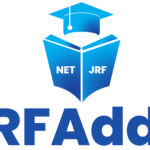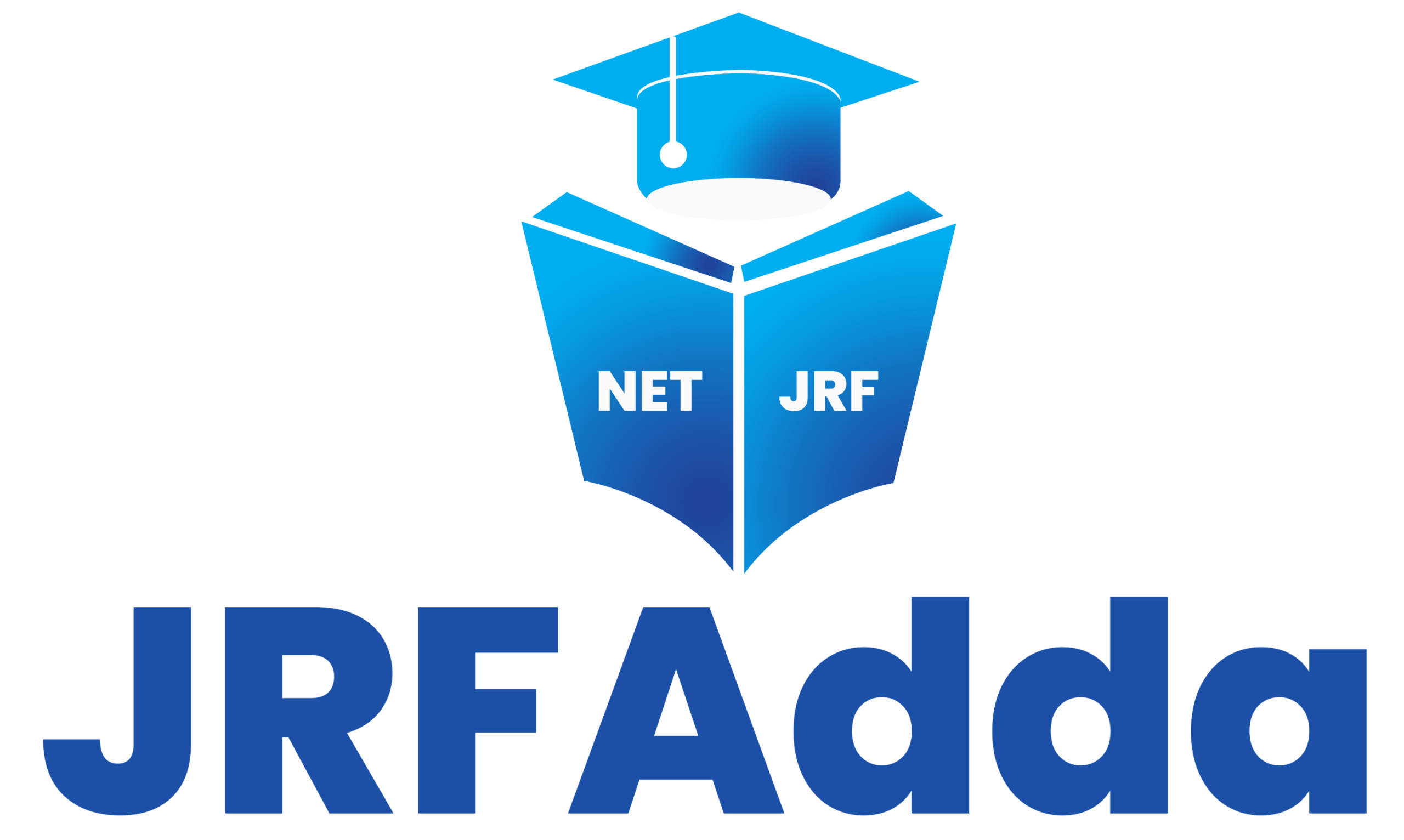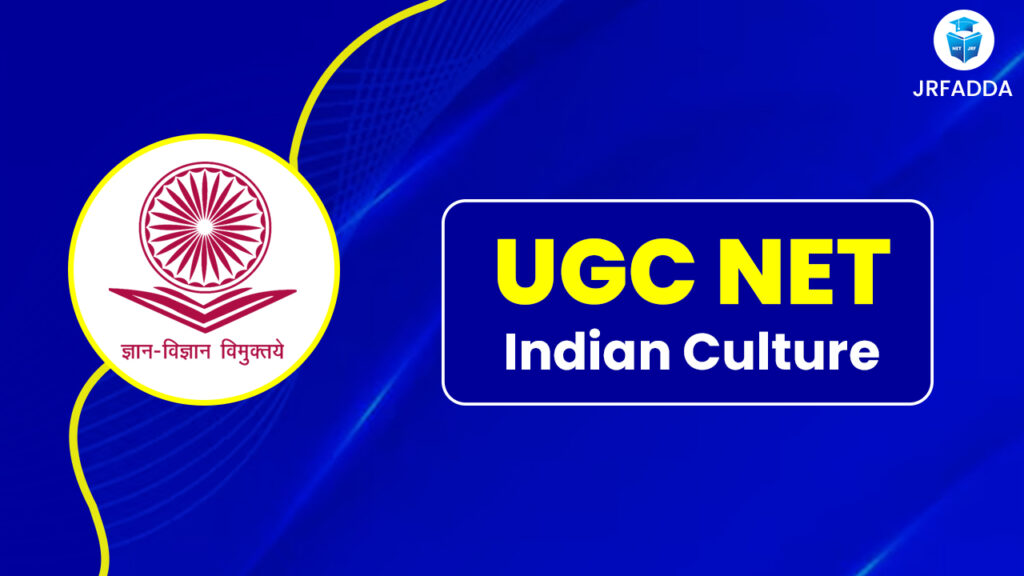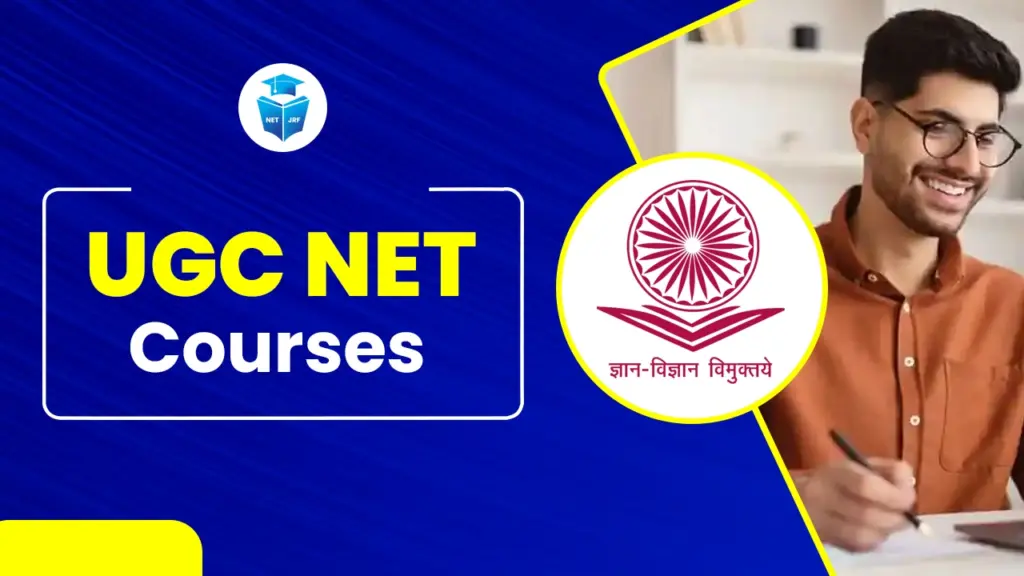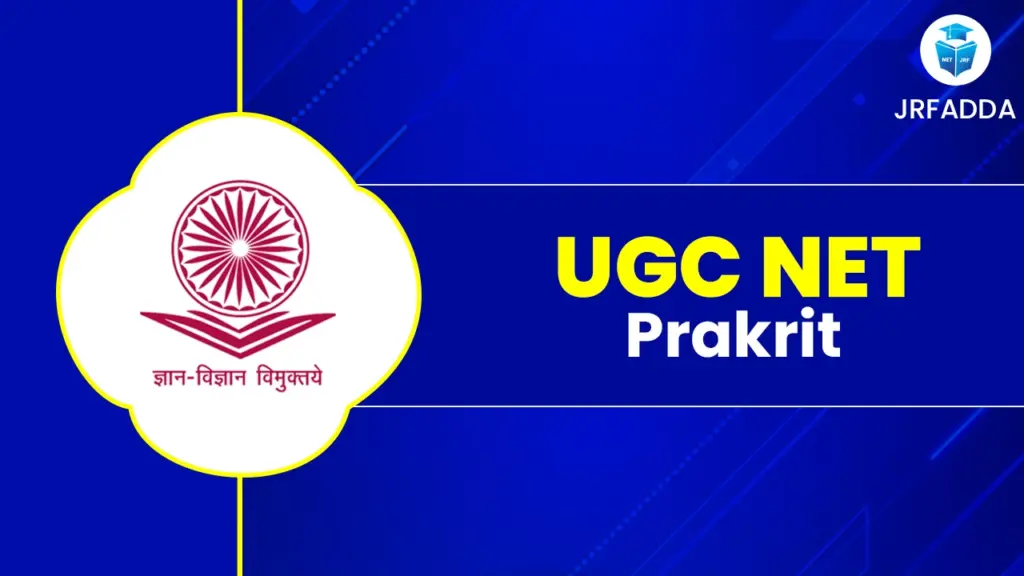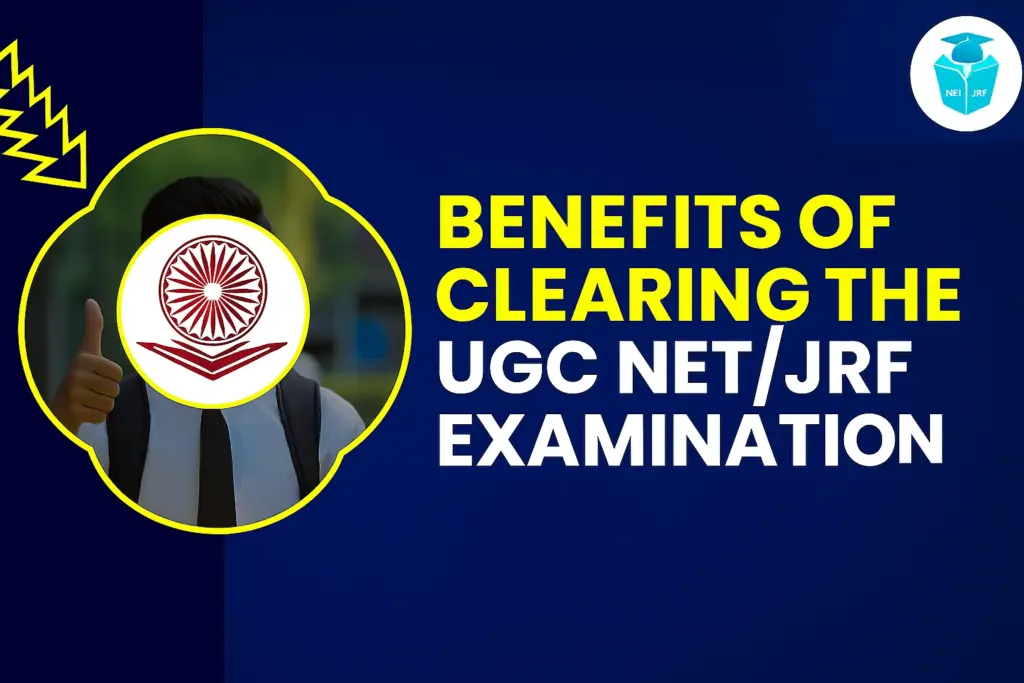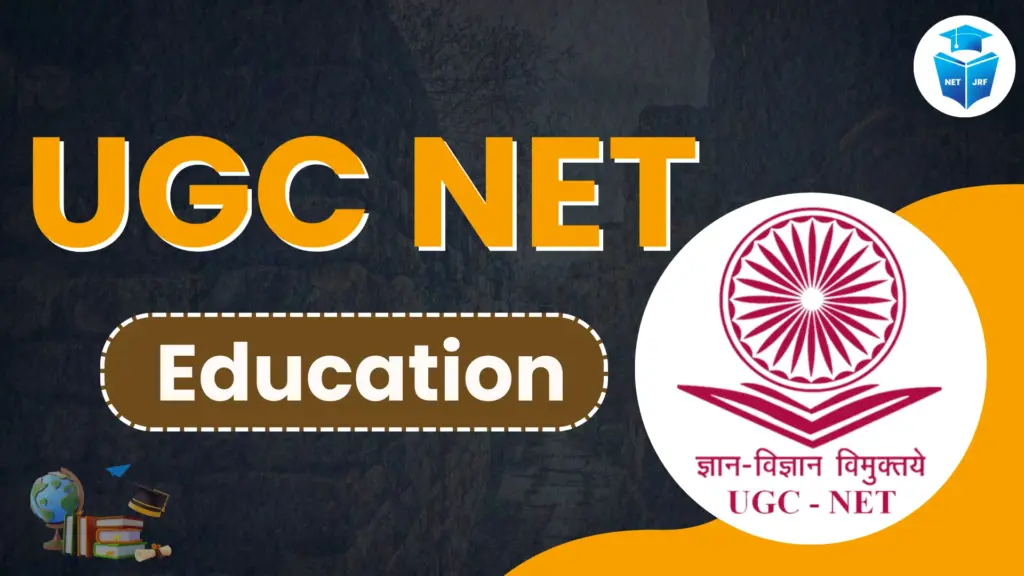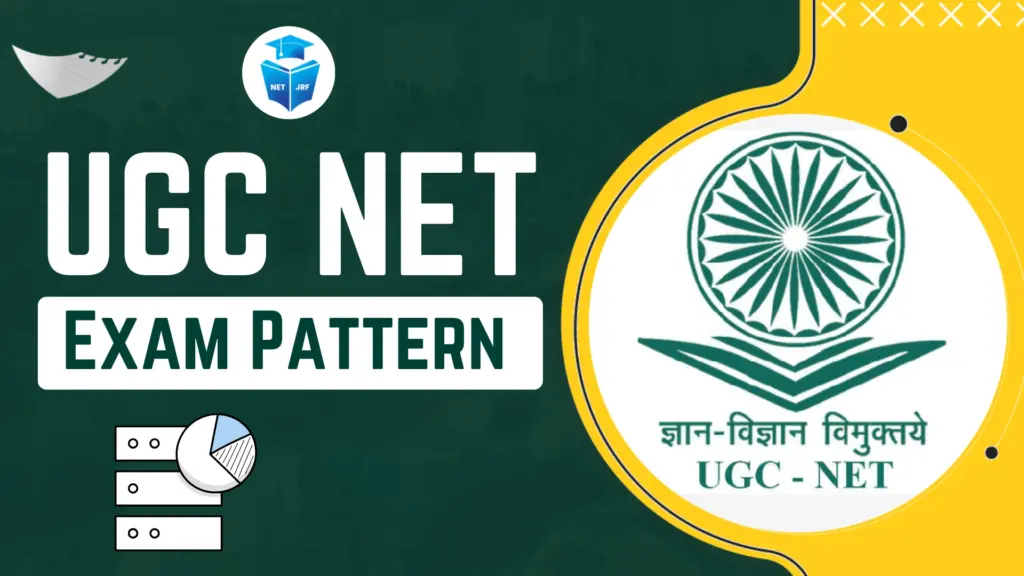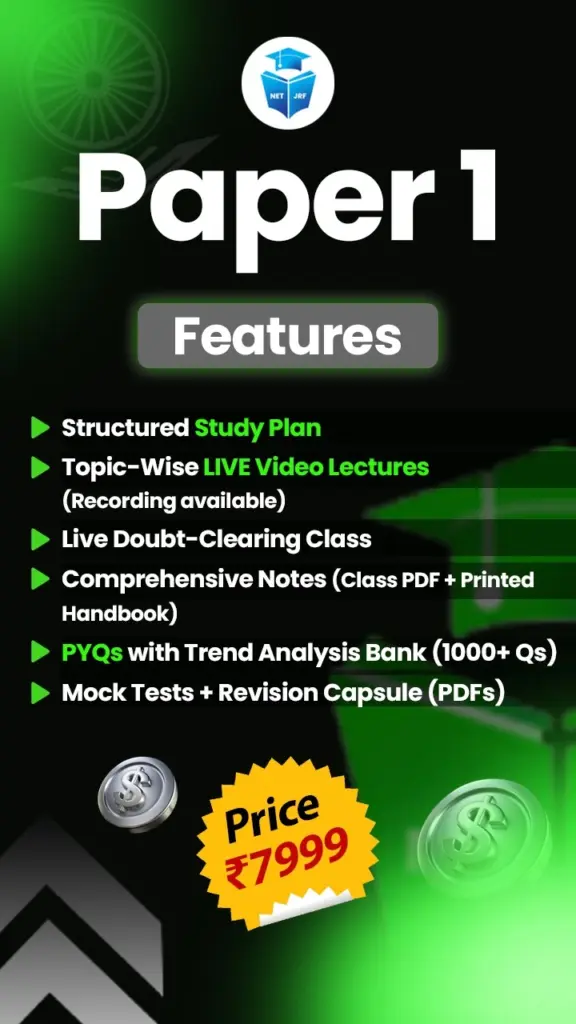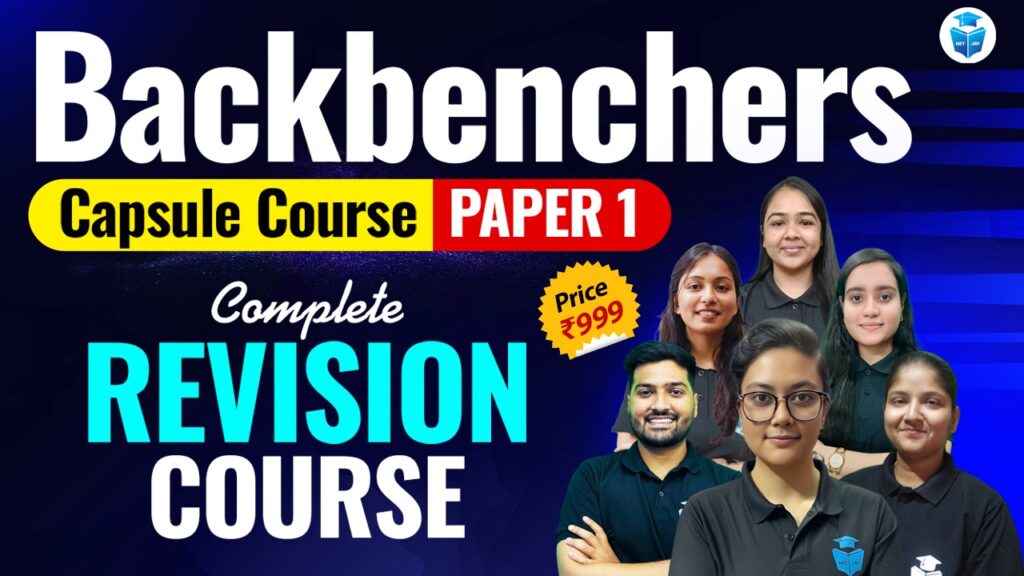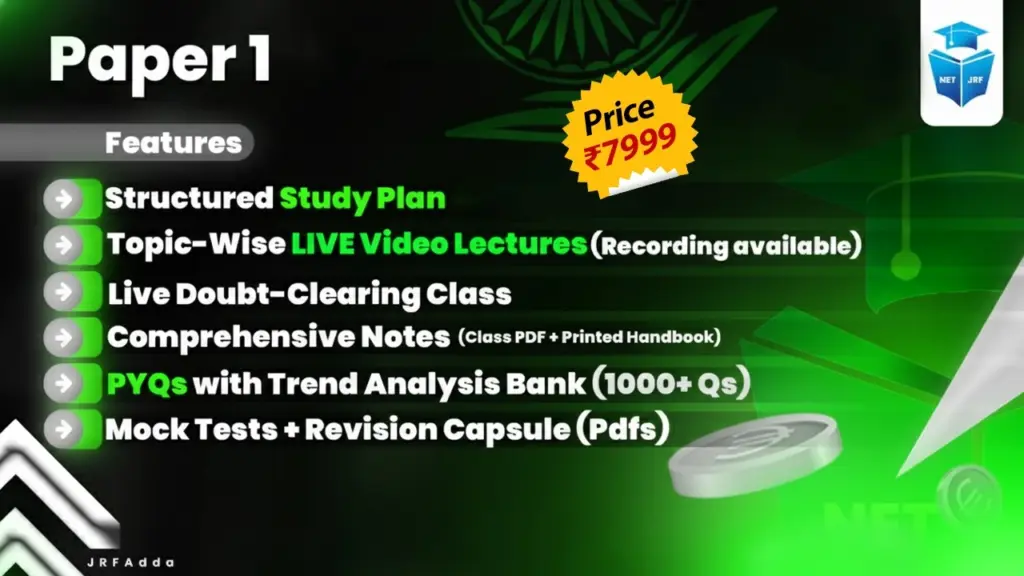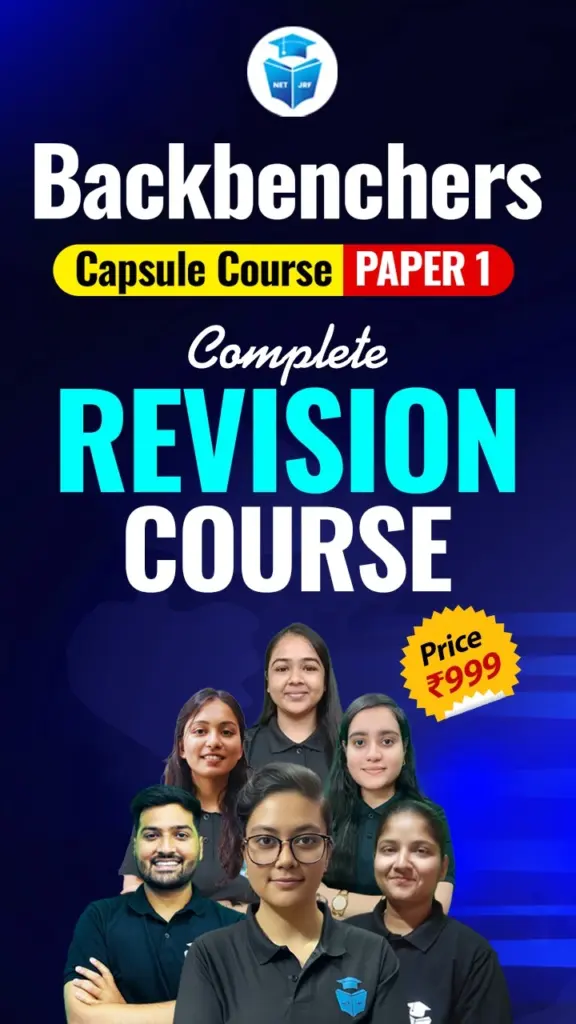UGC NET Indian Culture 2025 exam, conducted by the National Testing Agency (NTA), is a gateway for individuals aiming to qualify for lectureship and Junior Research Fellowship (JRF) in Indian Culture across Indian universities. This exam evaluates a candidate’s knowledge of India’s vast cultural, philosophical, historical, and archaeological heritage.
Let’s dive into the complete overview, including eligibility, syllabus, exam pattern, PDF download links, preparation tips, and FAQs. The December session’s UGC NET Indian Culture 2025 exam has concluded on 3 January 2026 in shift 2.
Also Read: UGC NET Exam Analysis Dec 2025
UGC NET Indian Culture 2025 Overview
The UGC NET Indian Culture 2025 is a national-level eligibility test conducted by the National Testing Agency (NTA) for aspirants aiming to qualify for Assistant Professor or Junior Research Fellowship (JRF) in the subject of Indian Culture. This exam is conducted twice a year and is held in Computer-Based Test (CBT) mode.
| Feature | Details |
| Exam Name | UGC NET Indian Culture 2025 |
| Conducting Body | National Testing Agency (NTA) |
| Mode of Exam | Computer-Based Test (CBT) |
| Frequency | Twice a year |
| Total Marks | 300 (Paper I: 100, Paper II: 200) |
| Question Type | Multiple Choice Questions (MCQs) |
What is UGC NET Indian Culture 2025?
UGC NET Indian Culture 2025 is a national-level examination for candidates who wish to pursue a career as Assistant Professors or apply for Junior Research Fellowships in Indian Culture. This subject delves into India’s rich cultural legacy, including prehistoric civilizations, philosophical systems, classical arts, religious traditions, and socio-political institutions from ancient to modern times.
UGC NET Indian Culture 2025 Exam Analysis
The UGC NET Indian Culture 2025 examination, conducted on 3 January 2026 in Shift 2, was assessed by candidates as moderate in overall difficulty, according to post-exam feedback.
Paper I, which evaluates teaching aptitude, research aptitude, reasoning ability, comprehension, and related areas, was largely considered moderate. Among all sections, Data Interpretation (DI) was reported as the most challenging, requiring careful analysis and time management. Other sections such as Teaching Aptitude, Reasoning Ability, and Research Methodology were rated moderate and manageable for candidates with standard preparation.
Also Read: UGC NET Paper 1 Exam Analysis Dec 2025
Paper II (Indian Culture) was also described as moderate in difficulty. The question paper covered the syllabus comprehensively, with significant emphasis on key areas such as sources of Indian culture, Bhakti and Sufi movements, Mughal architecture, and the Indian Renaissance. The questions reflected a balanced mix of factual, conceptual, and interpretive types, testing both foundational knowledge and analytical understanding. Several questions required cross-unit linkage, encouraging candidates to connect cultural developments across different historical phases.
Overall, the UGC NET Indian Culture 2025 (3 January 2026, Shift 2) paper was considered well-structured, fair, and syllabus-oriented. While it demanded in-depth subject knowledge, candidates who had prepared thoroughly found the exam approachable and scoring.
UGC NET Indian Culture 2025 Eligibility Criteria
Candidates must have a Master’s degree or equivalent in Indian Culture or a related subject with a minimum of 55% marks (50% for SC/ST/OBC-NCL/PwD/Transgender candidates). For Junior Research Fellowship (JRF), the upper age limit is 30 years, with relaxation applicable for reserved categories.
- Educational Qualification: Master’s degree or equivalent in Indian Culture or a related subject with at least 55% marks (50% for SC/ST/OBC-NCL/PwD/Transgender).
- Age Limit for JRF: Maximum 30 years (relaxation for reserved categories).
- Assistant Professor: No upper age limit.
Also Read: UGC NET Eligibility Criteria 2026
UGC NET Indian Culture 2025 Exam Pattern
The UGC NET exam consists of two papers—Paper I (General Aptitude) and Paper II (Indian Culture). Both papers are conducted in a single session without any break.
| Paper | Subject | Questions | Marks | Duration |
| Paper 1 | General Aptitude (Teaching, Research, Reasoning, etc.) | 50 | 100 | 1 Hour |
| Paper 2 | Entire syllabus based on Indian Culture (Units I–X) | 100 | 200 | 2 Hours |
Also Read: UGC NET Exam Pattern 2026 For Paper 1 & 2
UGC NET Indian Culture 2025 Syllabus
The UGC NET Indian Culture syllabus 2025 comprehensively covers the evolution and development of Indian culture from prehistoric times to the modern era. The syllabus is divided into ten units, each focusing on specific historical and cultural phases, including philosophical thought, religious movements, art and architecture, literature, education, and socio-economic changes.
| Unit | Topics Covered |
| Unit I: Concepts of Culture | Definitions, characteristics, traditional vs. modern culture, Indian value systems, cultural historiography, and major schools of thought (Orientalist, Nationalist, Marxist, Subaltern). |
| Unit II: Sources of Indian Culture | Archaeological, literary, oral, numismatic, epigraphic, archival, and foreign sources that inform the study of Indian culture |
| Unit III: Prehistoric & Protohistoric Cultures | Paleolithic to Neolithic cultures, Chalcolithic phase, Harappan civilization, debates on script and nomenclature, and urban planning. |
| Unit IV: Vedic & Post-Vedic Period | Vedic institutions, early religious texts, Shramana traditions (Buddhism and Jainism), rise of cities, and early educational systems. |
| Unit V: Mauryan & Post-Mauryan Period | Ashoka’s Dhamma, foreign invasions, Indo-Greek interactions, cultural synthesis, Sangam literature, and early South Indian culture |
| Unit VI: Gupta & Post-Gupta Period | Classical period developments in science, philosophy, literature, art, temple architecture, universities, and global interactions. |
| Unit VII: Early Medieval Period | ndian feudalism, Bhakti movement, early Islamic interactions, temple architecture, and centers of learning like Nalanda. |
| Unit VIII: Sultanate Period | Political systems like the Iqta system, Bhakti and Sufi movements, Indo-Islamic art and architecture, and development of education |
| Unit IX: Mughal Period | Mansabdari and Jagirdari systems, religious synthesis, Mughal literature, architecture, science, and growing European influence |
| Unit X: Modern Period | Indian Renaissance, socio-religious reform movements, impact of Western education, literature, technological advancements, and cultural nationalism |
Also Read: UGC NET Indian Culture Syllabus 2026
UGC NET Indian Culture 2025 Syllabus PDF Download
The National Testing Agency (NTA) has officially released the UGC NET Indian Culture Syllabus 2025. Candidates aspiring to qualify the UGC NET in Indian Culture must go through the updated syllabus thoroughly to structure their preparation effectively. The syllabus is divided into 10 comprehensive units, covering various aspects of India’s cultural, historical, philosophical, and artistic heritage.
| UGC NET Indian Culture 2025 Syllabus PDF Link | |
| UGC NET Indian Culture Syllabus 2025 December PDF | Download PDF (Available Soon) |
Also Read: UGC NET Syllabus 2026 PDF Download
UGC NET Indian Culture Previous Year Question Papers
Practicing UGC NET Indian Culture previous year question papers is a vital part of UGC NET Indian Culture exam preparation. These papers provide real exam exposure and help aspirants refine their strategies. By solving them regularly, candidates can enhance their performance and build exam confidence.
| Exam Name | Year | Download PDF |
| UGC NET Indian Culture (June) | 2025 | Download PDF |
| UGC NET Indian Culture | 2024 | Download PDF |
| UGC NET Indian Culture | 2023 | Download PDF |
| UGC NET Indian Culture | 2022 | Download PDF |
| UGC NET Indian Culture | 2021 | Download PDF |
| UGC NET Indian Culture | 2020 | Download PDF |
Also Read: UGC NET Previous Question Papers, Last 5 Years’ PDF
Conclusion
The UGC NET Indian Culture 2025 exam is a gateway for those passionate about India’s rich cultural and historical legacy to enter academia and research. With a comprehensive syllabus that spans ancient civilizations, philosophical traditions, and modern socio-cultural movements, this exam demands deep understanding and strategic preparation. By leveraging official syllabus PDFs, solving previous year question papers, and refining conceptual clarity, candidates can enhance their chances of qualifying for Junior Research Fellowship (JRF) or Assistant Professor roles. As per the feedback from the June 2025 Shift 2 exam, while the paper was moderately difficult, targeted preparation remains the key to success.
UGC NET Indian Culture 2025 FAQs
What is the eligibility for appearing in the UGC NET Indian Culture 2025 exam?
To be eligible for UGC NET Indian Culture 2025, candidates must hold a Master’s degree in Indian Culture or a related subject with at least 55% marks (50% for reserved categories). For JRF, the upper age limit is 30 years, while there is no age limit for Assistant Professor roles.
What is the exam pattern for UGC NET Indian Culture 2025?
The UGC NET Indian Culture 2025 exam consists of two papers—Paper I (General Aptitude) and Paper II (Indian Culture). Paper I carries 100 marks with 50 questions, while Paper II has 100 questions worth 200 marks. The exam is conducted in a single session of 3 hours.
Where can I find the official syllabus for UGC NET Indian Culture 2025?
The UGC NET Indian Culture 2025 syllabus can be downloaded from the official NTA website or through trusted educational platforms. It is divided into 10 comprehensive units covering India’s cultural, philosophical, and historical heritage.
How should I prepare for UGC NET Indian Culture 2025 effectively?
To prepare for UGC NET Indian Culture 2025, thoroughly study all 10 units of the syllabus, solve previous year question papers, use standard reference books, and practice mock tests regularly to assess and improve your performance.
Are previous year papers available for UGC NET Indian Culture 2025 preparation?
Yes, previous year question papers for UGC NET Indian Culture 2025 (from 2020 to 2024) are available online in PDF format. Practicing these papers is essential to understand exam trends and improve time management skills.
